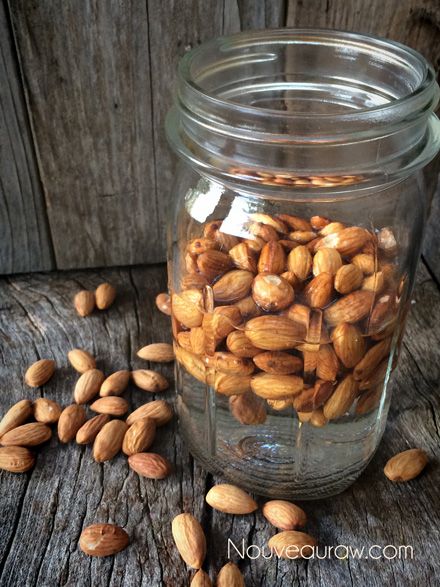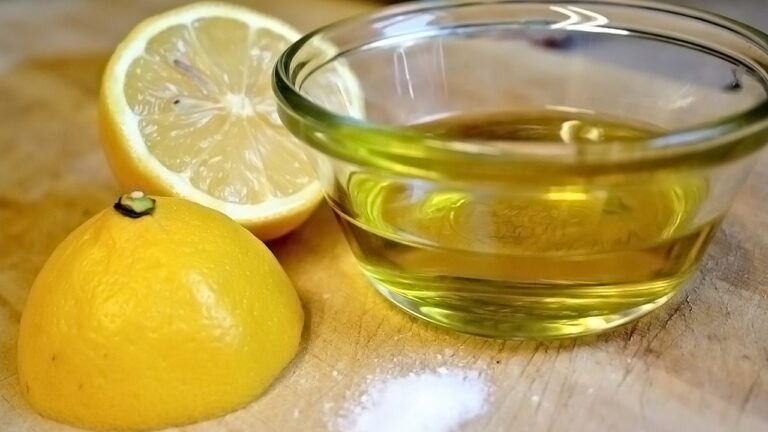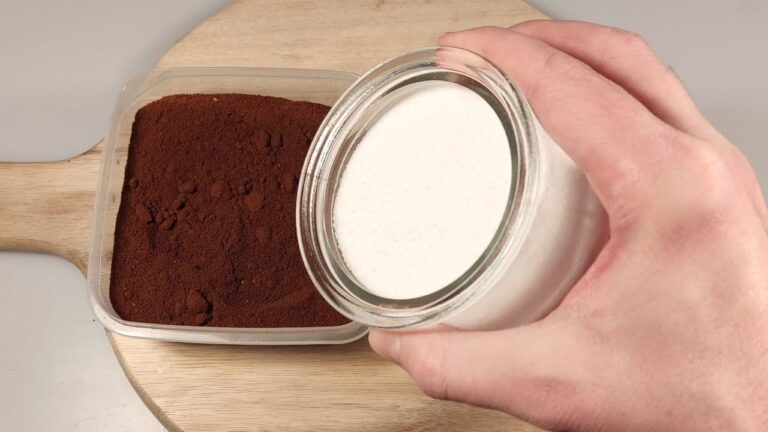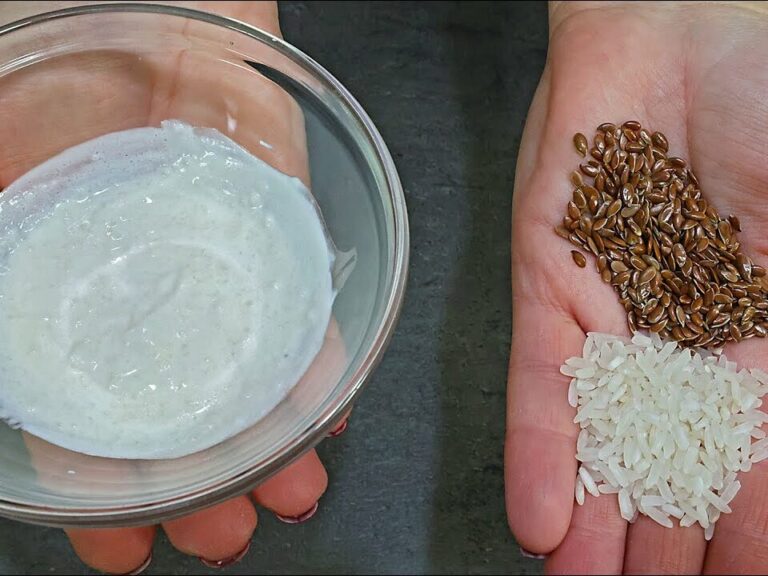Why Soak Almonds?
Soaking almonds overnight helps to remove the outer brown layer of almonds, which contains tannins—a substance that inhibits nutrient absorption. The soaking process makes the almonds easier to digest and allows the body to access their nutrients more efficiently.
Impressive Health Benefits of Soaked Almonds:
- Enhanced Nutrient Absorption: Soaked almonds are much easier to digest, and this enhanced digestibility allows your body to absorb more nutrients from the almonds. The bioavailability of key nutrients like vitamin E, calcium, and magnesium increases, which are essential for maintaining healthy skin, bones, and overall body functions.
- Boost in Brain Function: Almonds are often referred to as “brain food” due to their high content of riboflavin and L-carnitine, nutrients that positively affect neurological activity and prevent cognitive decline.
- Improved Heart Health: Regular consumption of soaked almonds can contribute to heart health. Almonds are rich in monounsaturated fats, potassium, and protein, which help in lowering LDL cholesterol and maintaining healthy blood pressure.
- Weight Management: Soaked almonds can help in weight management. They are a good source of dietary fiber and protein, which keep you feeling full longer, helping to avoid overeating.
- Better Blood Sugar Control: Almonds can help regulate blood sugar levels. Their low glycemic index and the presence of healthy fats, protein, and fiber contribute to slower glucose release into the bloodstream, making them beneficial for people with insulin sensitivity or diabetes.
How to Prepare and Use Soaked Almonds:
- Preparation: Before bed, place a handful of almonds in a bowl of water and cover them. Allow the almonds to soak overnight.
- Usage: In the morning, drain the water and peel the skins off the almonds if preferred (the skins should come off easily after soaking). Enjoy the almonds on their own, or add them to your breakfast yogurt, oatmeal, or smoothie for a nutritious start to your day.
Conclusion:
Starting your day with soaked almonds can transform your health in ways that might seem almost unbelievable. This simple habit is a powerhouse of nutrition and health benefits that can dramatically improve your wellness routine.









